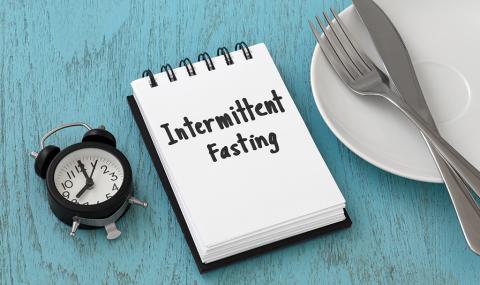
With October and Breast Cancer Awareness Month around the corner, we want to highlight a new study on intermittent fasting and its effects on cardiovascular health among breast cancer survivors. Some treatments used for breast cancer come with cardio-toxic adverse effects, meaning they can negatively impact your cardiovascular health in the long-term (up to 20 years later), and so it’s important to keep this in mind when thinking about overall health and survival.
The study was 8 weeks in length and participants were asked to eat between 12-8 p.m. on weekdays (an 8-hour eating window) and then without any time restrictions on the weekends. Outside of those hours, they were only permitted to consume water, black coffee, or black tea. Over the course of the 8 weeks, it was found that fat free mass (e.g., water, muscle) did not change, however, daily caloric intake decreased by an average of 450 calories. In addition, average lifetime cardiovascular disease (CVD) risk decreased from 10.9% to 8.6%, which is a 15% relative change. This is positive news, as decreasing CVD risk includes serious cardiac events, such as a heart attack or stroke, is also reduced. Lastly, visceral adipose tissue (the fat surrounding our organs that is closely tied to CVD risk), fat mass and body mass all decreased as well.
In summary, incorporating an intermittent fasting regimen, such as an 8-hour eating window, during weekdays is an effective way to reduce caloric intake without muscle mass loss or the need to count calories. Most importantly, this pattern of eating can also lead to significant decreases in CVD risk and visceral fat mass, which is a strong predictor for cardiac events later in life.
*Before beginning any fasting regimen, we recommend consulting a health-care practitioner to ensure it is safe and suitable for you.
Author: Dr. Nadine Kexel ND, CCNM Integrative Cancer Centre Resident